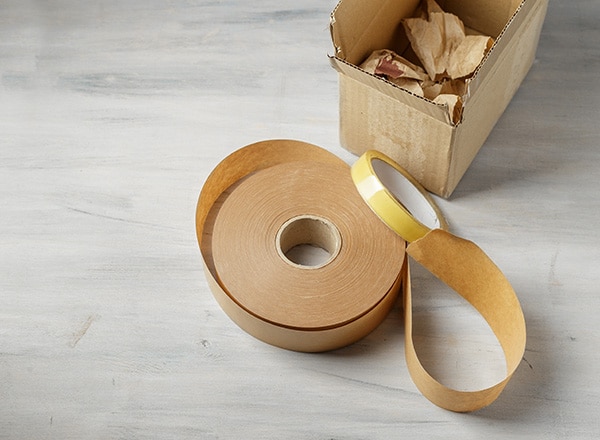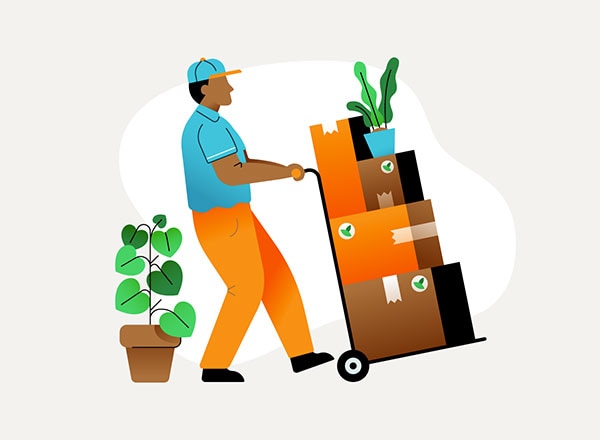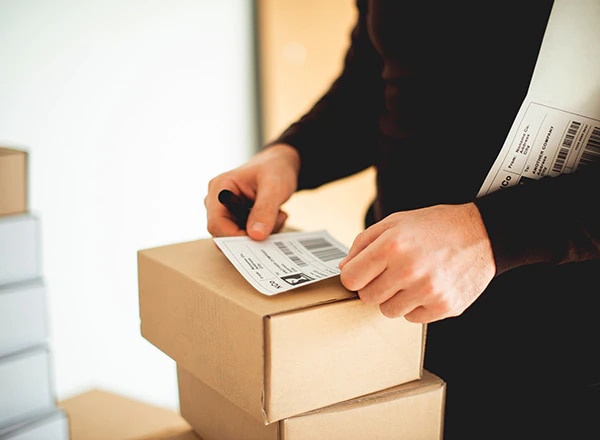Greenwashing. Eco-certified. Carbon offsets.
These are the types of sustainability terms we’re hearing a lot from “green” companies and environmental campaigns. You might not totally understand what they mean (what’s the difference between recyclable and reusable anyway?). And that’s okay—the language around the sustainability movement is evolving quickly, and it can be hard to keep up.
But if you’re taking action to become a more sustainable business, you want to avoid using a term incorrectly or confuse your customers with eco-terminology. This can come off as disingenuous or uninformed. When in doubt, it’s best to stick to simple, clear concepts rather than packing in sustainability jargon. That being said, there are a few terms you should know.











